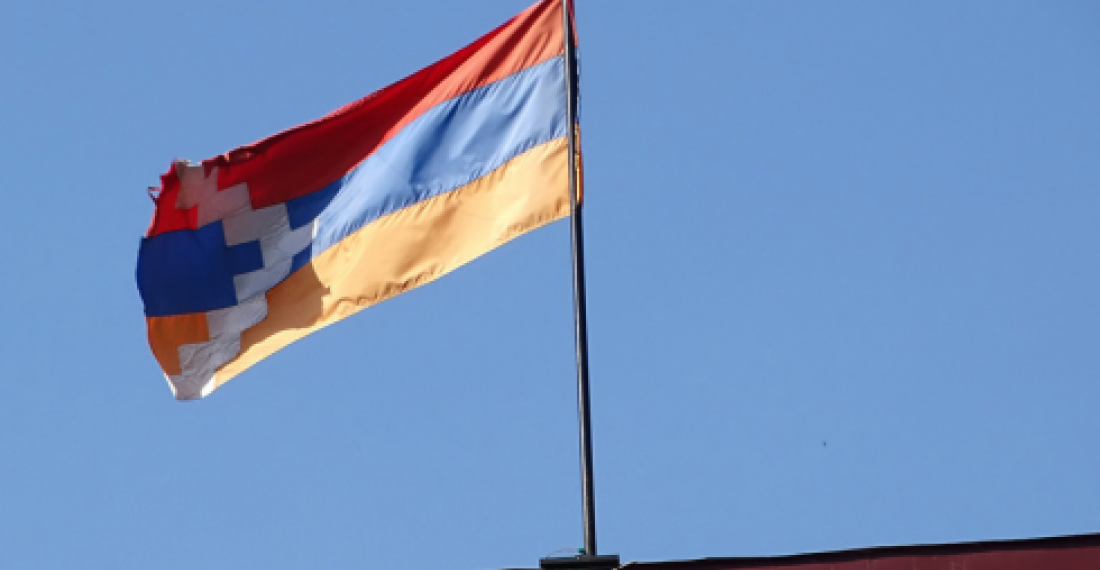The Armenian government gave its approval on Thursday to debate a bill that would recognize the self-declared Nagorno-Karabakh Republic as independent. Similar bills have been proposed before, but were blocked by the government for fear they will interfere with the delicate peace process.
The development comes two days after Shavarsh Kocharyan, Armenia’s deputy foreign minister, said recognition is a possibility. “If Azerbaijan unleashes new military aggression, the recognition of Nagorno-Karabakh will be included in the agenda,” Kocharyan told journalists.
Current peace talks take place under the auspices of the OSCE Minsk Group, chaired by Russia, France and the United States. Russian foreign minister Sergei Lavrov said on Wednesday it was important not to "sound alarm and panic" about the prospect of Nagorno-Karabakh's independence being recognised.
"When I was in Yerevan last time and then, when I talked with my Armenian colleague on the phone, and later, when he was in Moscow after the escalation on the line of contact in Karabakh in early April, the official Yerevan reconfirmed its commitment to a peaceful settlement," said Lavrov in an interview with the RIA Novosti TV channel.
"This means that the status of Karabakh will be determined in the context of an overall agreement and not unilaterally," he said in response to deputy foreign minister Kocharyan's comments.
The United States said on Friday it does not recognise Nagorno-Karabakh as independent. "We urge the sides to come to the negotiating table in good faith in order to reach a settlement that achieves [a comprehensive settlement]," said State Department spokesman Mark Toner.
The proposed Minsk Group settlement is set out by the “Madrid Principles”, which suggest giving an interim status to Nagorno-Karabakh, and linking it by land to Armenia. Independence for Nagorno-Karabakh would not be acceptable to Azerbaijan.
Earlier this week, Novruz Mammadov, deputy head of the Azerbaijan presidential administration, called the move by Armenian parliamentarians a "provocation".
"Their main goal was to use this as a pretext to spoil the negotiation process and perpetuate the status-quo," he said. "The Armenian side has once again proved that international law, UN Security Council resolutions and the negotiation process are of no value to them."
The bill was submitted by opposition lawmakers Zarui Postanjan and Grant Bagratyan. The government’s decision to debate it was “conditioned by discussions between Armenia and Karabakh, taking external and internal factors into account,” Kocharyan said on Thursday.
On April 2 fierce fighting broke out, the worst in two decades, with many soldiers and civilians killed on both sides. A verbal ceasefire agreement, brokered by Russia, was reached on April 5. However sporadic fighting has continued every night since then, with several casualties.
SOURCE: commonspace.eu and agencies
PHOTO: Karabakh flag







